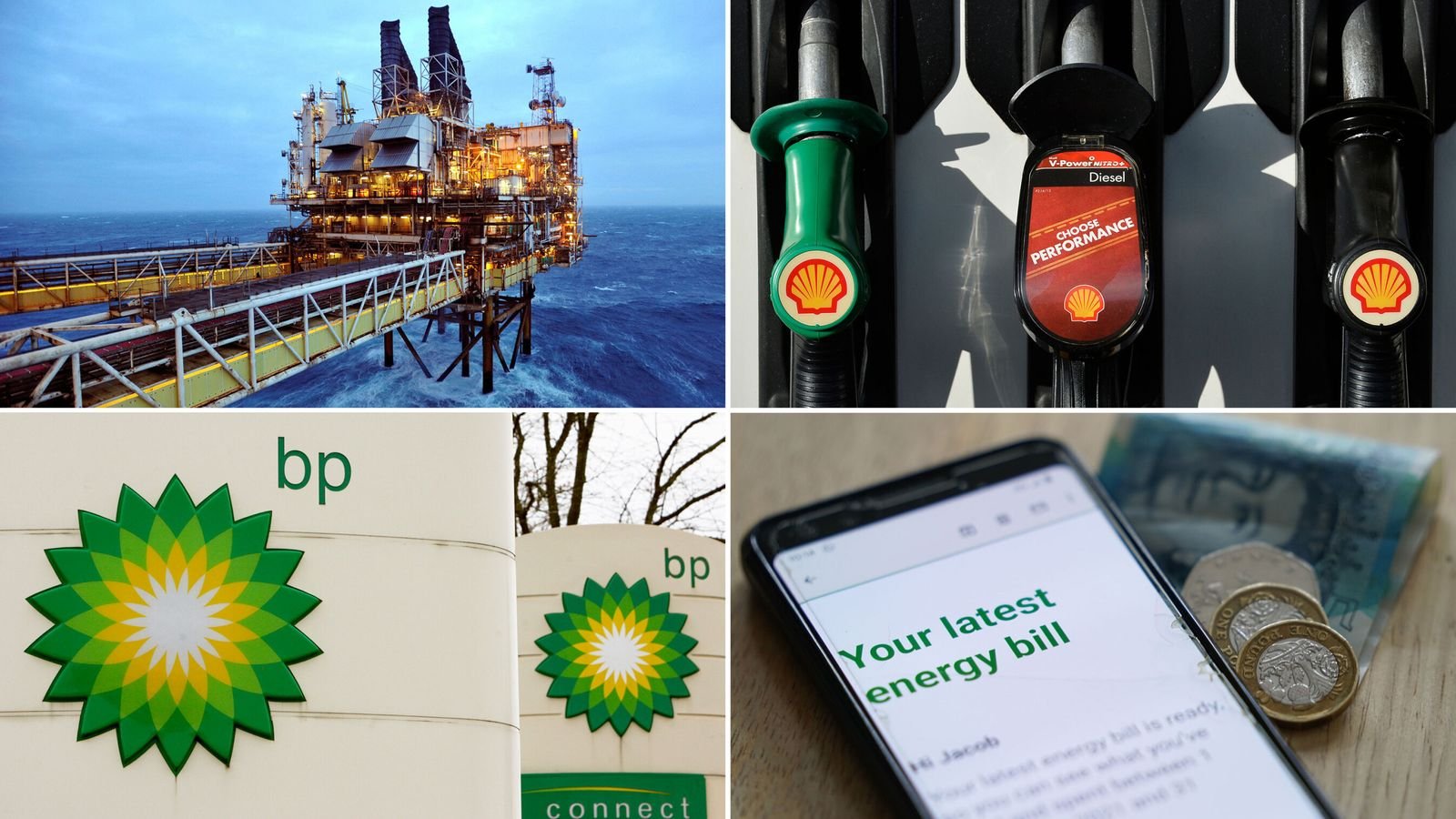The article discusses the challenges facing households and businesses in reducing energy bills, highlighting the complexities involved in transitioning to clean power sources. Energy Minister Michael Shanks acknowledges the difficulty in delivering on Labour’s promise to cut bills by £300 through clean power conversion. Despite renewable sources accounting for over 50% of UK electricity, energy prices remain high due to the need to build infrastructure to reduce fossil fuel dependency.
The article also touches on the impact of offshore wind subsidies and the rising costs of managing the grid, which contribute to the overall increase in energy bills. The government has had to adjust its offshore wind pricing and extend guarantees to cope with these rising costs. Additionally, social costs funded through bills, such as the warm home discount, add to the financial burden on households.
Gas-fired power stations play a crucial role in the UK’s energy network, setting the price for electricity and providing backup when renewable sources are unavailable. The article emphasizes the necessity of maintaining a full gas network alongside renewables due to the intermittent nature of renewable energy sources.
In response to the challenges, the government is exploring options to reduce energy bills, including shifting policy costs and green levies from bills into general taxation. There is also discussion around cutting VAT to alleviate the financial strain on consumers. However, the debate around energy costs has led to political divisions, with differing views on the impact of net zero policies on household finances and industry.
Amidst these discussions, Energy Minister Michael Shanks defends the importance of renewables in the long term, despite the current challenges. He argues that while subsidies for renewables may be increasing, they are still a more cost-effective option compared to building new gas infrastructure. The article concludes by highlighting the ongoing need to address the volatility of fossil fuels and the potential benefits of transitioning to cleaner energy sources.
SOURCE

